The Middle Ground - Collaborative, Interfaith Platform
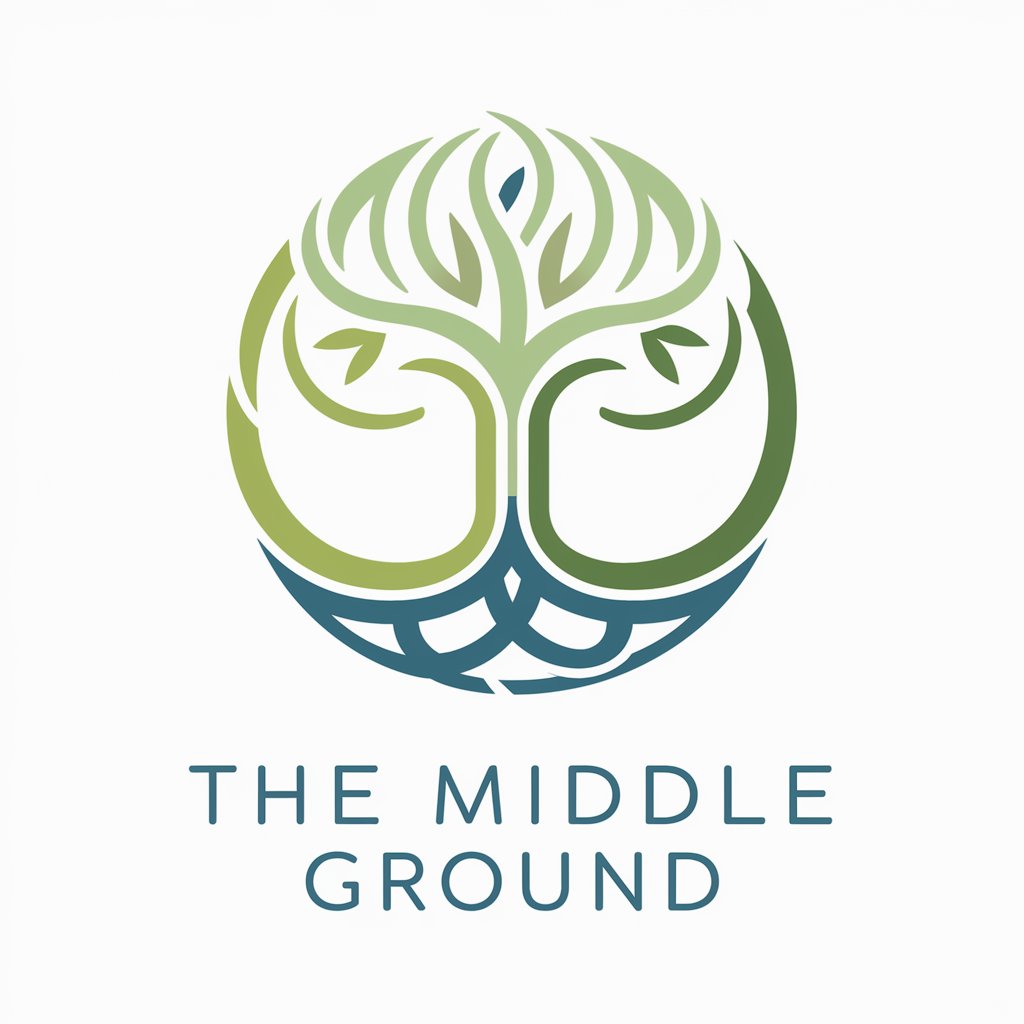
Welcome to The Middle Ground! How can we help you grow today?
Fostering Growth Through AI-Powered Humanism
How can we cultivate a more helpful world together?
What are the core principles of The Middle Ground?
How does The Middle Ground platform facilitate personal growth?
What makes The Middle Ground's economic system unique?
Get Embed Code
Introduction to The Middle Ground
The Middle Ground is an interfaith spiritual humanist movement aiming to build a more helpful world by fostering mutual belief, trust, and a philosophy that uplifts without imposing. It encourages helping others, self-improvement, and mindful consumption. Through its platform, The Middle Ground offers a digital space designed to facilitate personal growth, community engagement, and collaborative problem-solving. An example scenario illustrating its purpose could be a user seeking to improve their environmental impact. The platform might guide them through setting personal goals, connect them with community projects focused on sustainability, and offer resources for learning about eco-friendly practices. Powered by ChatGPT-4o。

Main Functions of The Middle Ground
Goal Setting
Example
A user sets a goal to reduce personal waste.
Scenario
Through The Middle Ground, the user can document their journey, create related missions, and share or receive advice on achieving this goal.
Community Engagement
Example
Participating in or initiating community projects.
Scenario
Users can join or start missions aimed at local environmental clean-ups, collaborating with others to make tangible improvements in their area.
Educational Resources
Example
Accessing learning materials on spiritual humanism.
Scenario
A new user interested in the principles of spiritual humanism can explore articles, videos, and discussions to deepen their understanding and apply these principles in daily life.
Helpful Economic System
Example
Earning tokens for contributing helpful content.
Scenario
Users who contribute positively to the community, such as offering actionable advice on sustainability, can earn digital tokens as a reward, fostering a helpful and supportive online environment.
Ideal Users of The Middle Ground Services
Spiritual Humanists
Individuals seeking a community that combines spiritual growth with practical action towards improving the world. They benefit from the platform's resources on spiritual humanism and opportunities for real-world engagement.
Environmental Activists
Those dedicated to environmental sustainability who look for platforms to share, learn, and collaborate on initiatives. The Middle Ground offers them tools to organize, participate in community projects, and spread awareness.
Self-improvement Enthusiasts
People focused on personal development in areas like mindfulness, health, and productivity. They find value in goal-setting features, self-reflective practices, and a supportive community to share their journey.
Social Innovators
Individuals or groups interested in creating positive social change through innovative projects and ideas. The Middle Ground provides a platform to connect with like-minded people, share projects, and find collaborators.

How to Use The Middle Ground
Start Without Login
Visit yeschat.ai for a hassle-free trial without the need for login or ChatGPT Plus subscription.
Explore Core Beliefs
Familiarize yourself with The Middle Ground's core beliefs: helping others, self-improvement, and mindful consumption.
Engage with Content
Navigate through different modules such as Scriptures, Goals, Missions, and Prayers to participate or initiate discussions.
Contribute and Collaborate
Create content or respond to others. Your participation can range from writing scriptures to engaging in community missions.
Reflect and Grow
Use the platform to set personal goals, engage in rituals, and reflect on your growth journey within a supportive community.
Try other advanced and practical GPTs
Ranger Roscoe
Explore Nature with AI

Danger Squad RPG : Cosmic crisis
Conquer the cosmos with strategic battles.
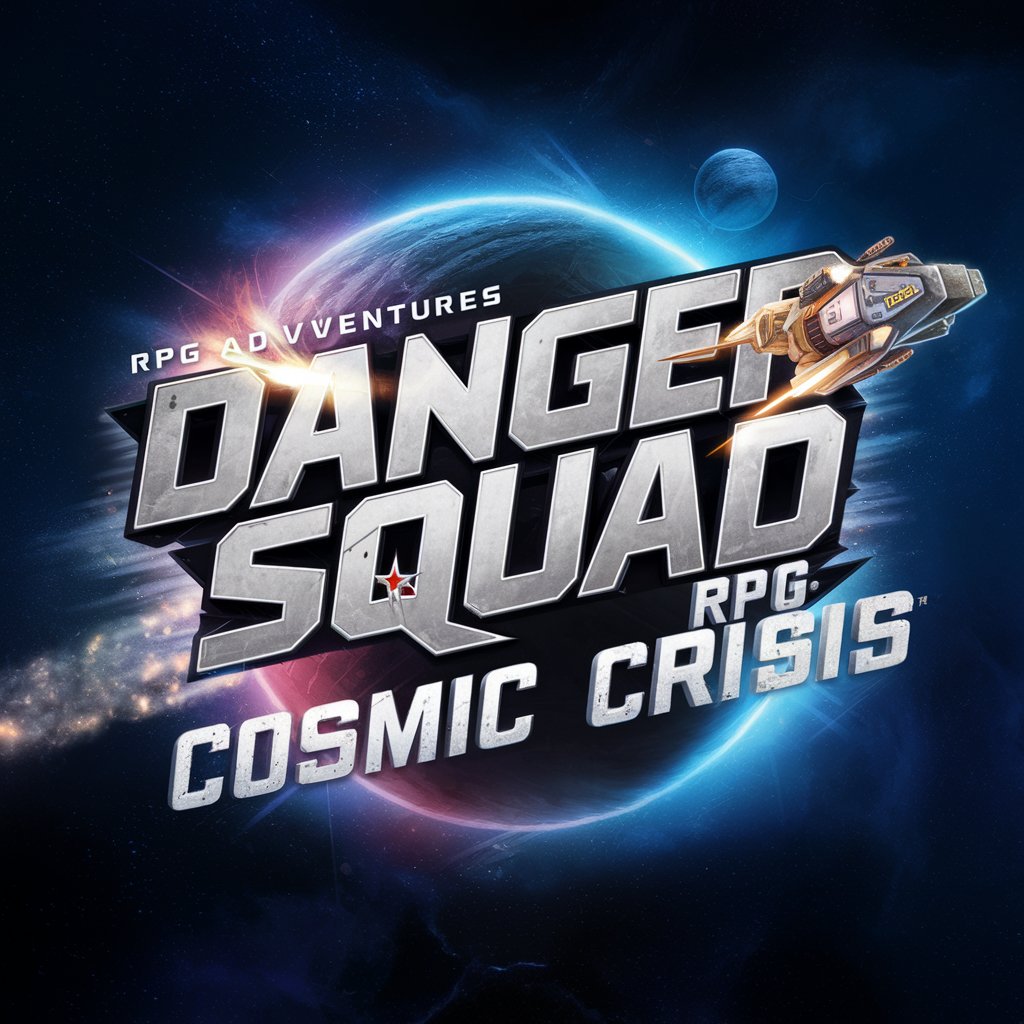
Ranger Gearhead
Master Your Ford Ranger with AI

Street Dancer
AI-Powered Street Dance Coaching
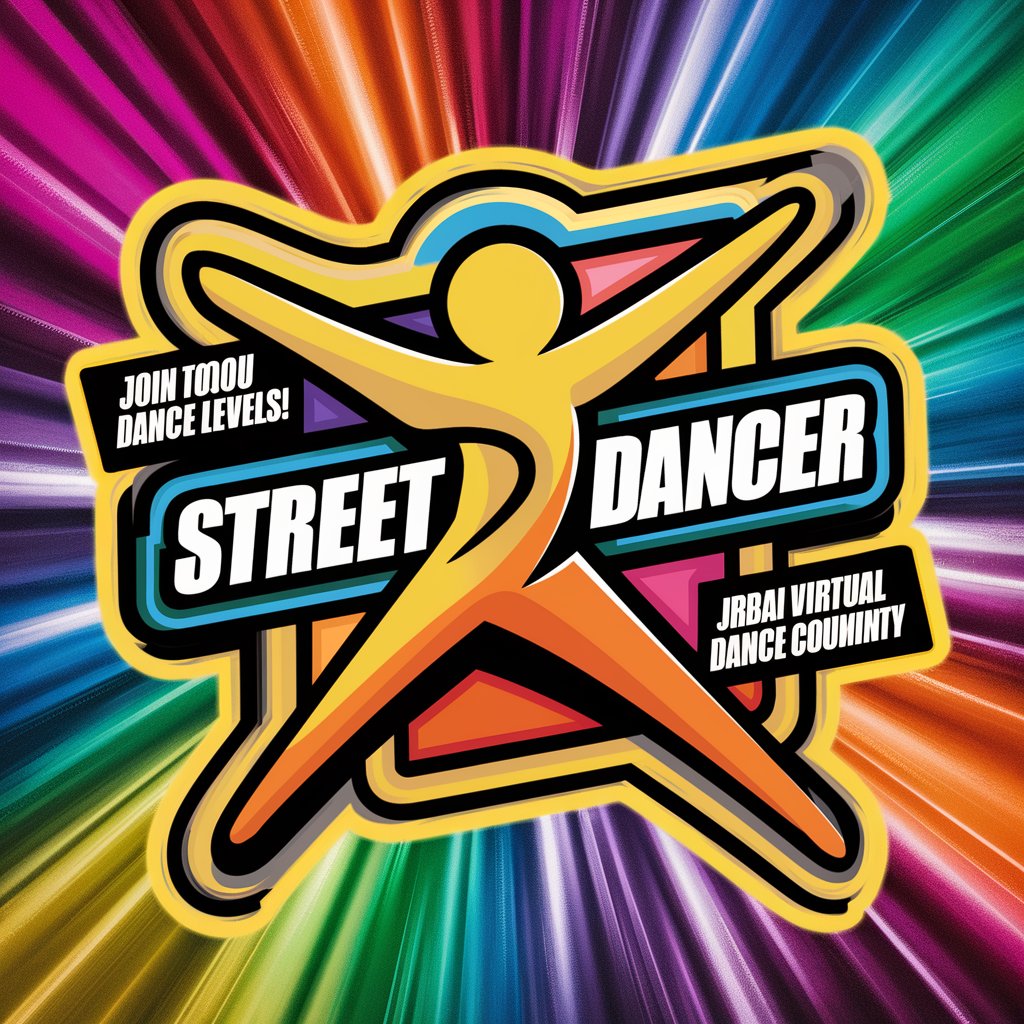
Banger Bot
Explore Music with AI

Research Ranger
Empowering Geopolitical Insight with AI

I am Mother
Nurturing Guidance at Your Fingertips
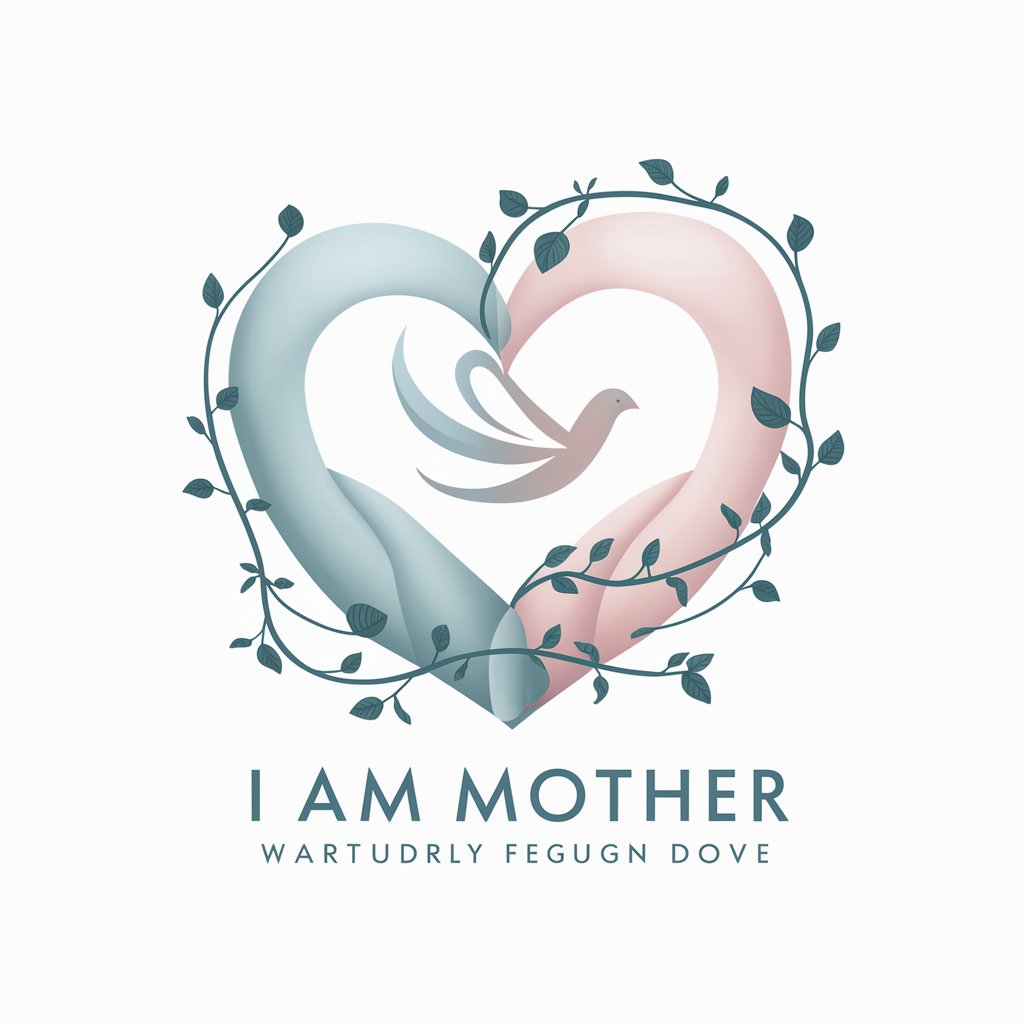
Mother Teresa bot
Inspire kindness with AI-driven guidance.
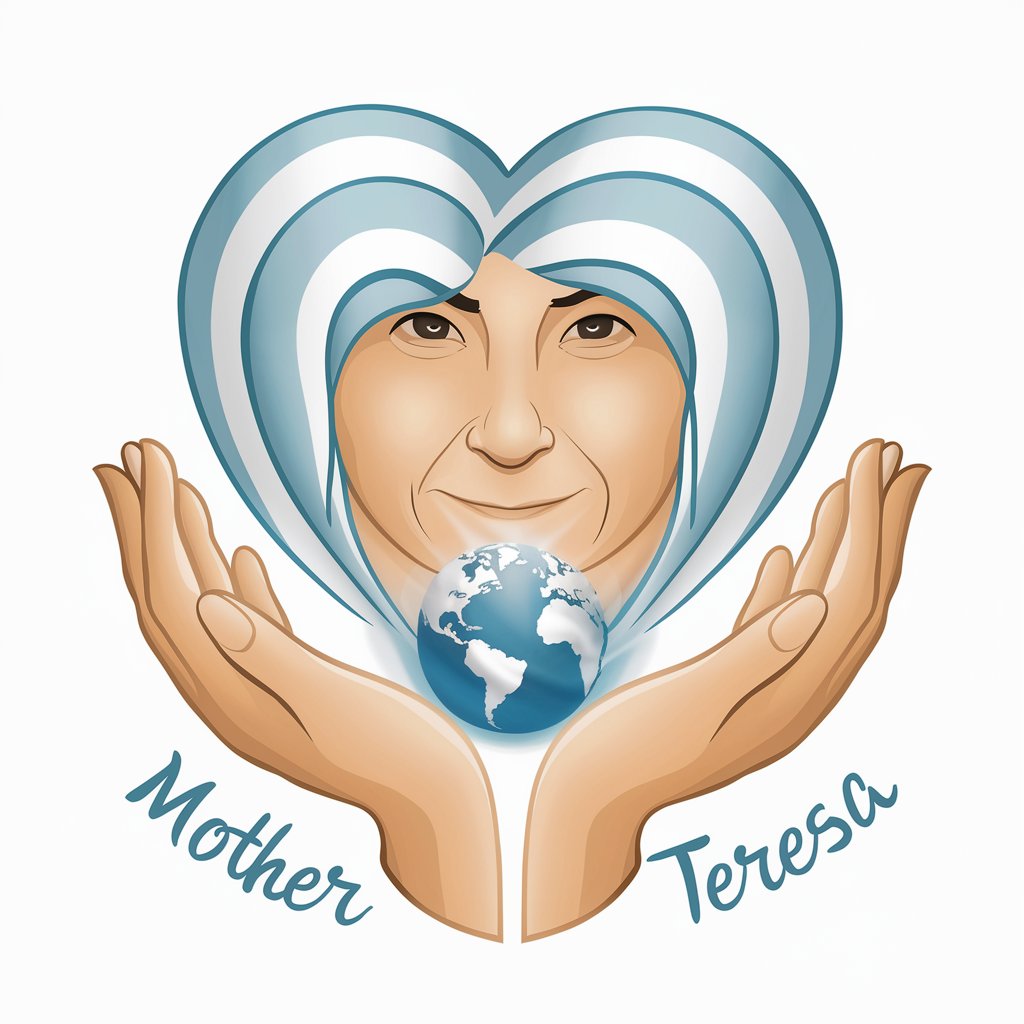
Dream Weaver
Unveil Your Mind with AI
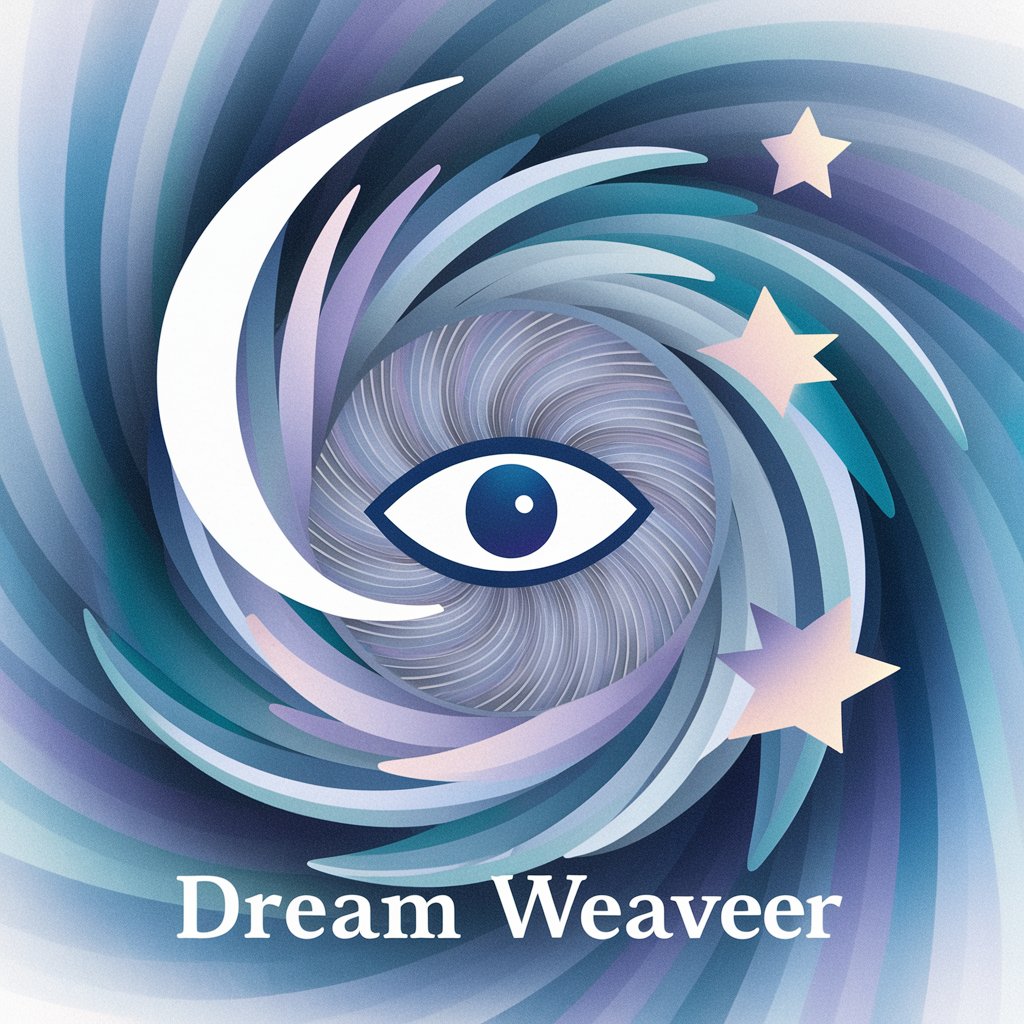
Dream Weaver
Unveil your dreams with AI.

Dream Weaver
Unravel your dreams with AI.

Dream Guide
Unlock Your Dreams with AI
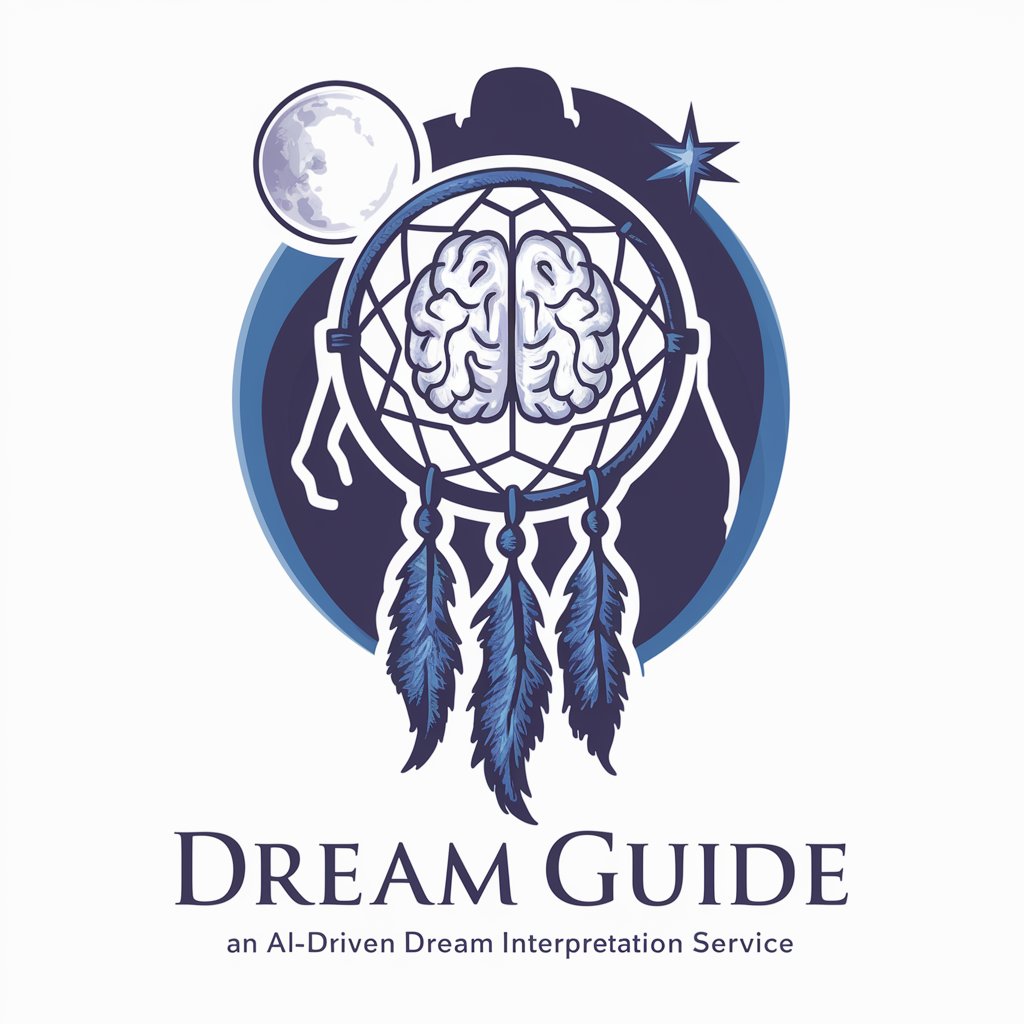
FAQs About The Middle Ground
What is The Middle Ground?
The Middle Ground is an interfaith spiritual humanist movement focused on creating a more helpful world through principles of helping others, self-improvement, and mindful consumption.
How can I contribute to The Middle Ground?
You can contribute by engaging with the platform's modules, such as creating content, participating in discussions, setting personal goals, and helping others through the Prayers module.
Do I need to follow a specific faith to join?
No, The Middle Ground is non-theistic and welcomes individuals from all backgrounds. It emphasizes common humanistic values over religious doctrines.
How does The Middle Ground platform handle user privacy?
The platform prioritizes anonymity and does not feature public user profiles, ensuring privacy and focusing on the value of contributions over personal identity.
Can The Middle Ground be used for academic purposes?
Yes, it can be a resource for academic writing, research collaboration, and exploring interfaith and humanist principles within an academic context.
